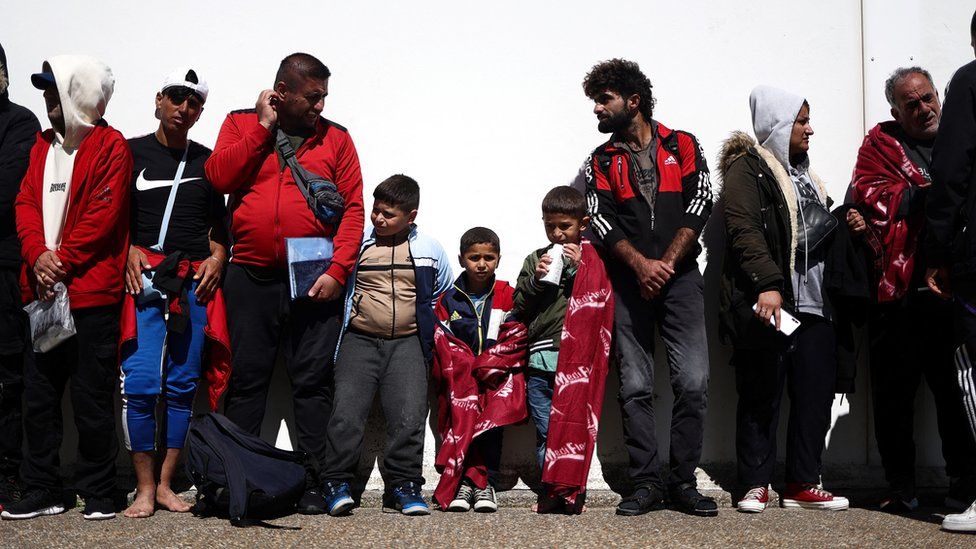-

-
-
Loading

Loading

UK Prime Minister Rishi Sunak has made a commitment to clear the backlog of asylum claims as part of his focus on illegal immigration. The backlog refers to claims made before June 28, 2022, that are still awaiting a decision. Sunak has stated that he expects to "abolish" the backlog by the end of 2023. While progress has been made in reducing the backlog, it is likely that more people will be granted asylum this year than ever before. Many claims have also been withdrawn by the government. When Sunak made his pledge, there were approximately 91,000 older claims waiting to be processed. As of November 2023, the number has fallen by about 80% to just over 18,000. However, resolving the remaining cases by the end of the year may be challenging, especially as staff may be taking time off in December. In November alone, nearly 15,000 people were removed from the backlog, a record number. Government insiders have revealed that over 4,000 cases were being handled each week before Robert Jenrick resigned as immigration minister. Some within the Home Office have expressed concerns that the target may not be met, as many of the remaining cases are complicated. Despite the reduction in the legacy backlog, the overall number of people awaiting asylum decisions, including applications made before and after June 2022, remains high. More than 109,000 applicants are currently awaiting a decision. Between July and September 2023, a higher proportion of applicants were granted asylum than in previous years, partly due to a shift in interview methods for legacy backlog cases. The Home Office stated that typically 95% of applicants from specific countries, including Afghanistan and Syria, are granted asylum anyway. The Union for people working on borders and asylum expressed concerns about pressure faced by its members and suggested that it is easier to grant asylum than to refuse it. Another factor contributing to a decrease in the backlog is a high number of claims being withdrawn. So far in 2023, 27% of claims have been withdrawn, the highest proportion since records began in 2002. Withdrawals can be explicit, initiated by the asylum seeker, or implicit, initiated by the Home Office. Concerns have been raised over the criteria for implicit withdrawals, with some lawyers suggesting that the Home Office may be deliberately scheduling appointments in the hope of marking claims as withdrawn and clearing them from the backlog. The Home Office denies this allegation and maintains that each claim is considered on a case-by-case basis. In a parliamentary committee meeting, it was revealed that a significant number of claim withdrawals had been mislabeled due to a technical error, but this did not impact case processing and would be rectified in future publications. High numbers of withdrawals may be due to the fact that some of the legacy claims were made a long time ago and some individuals may have absconded.